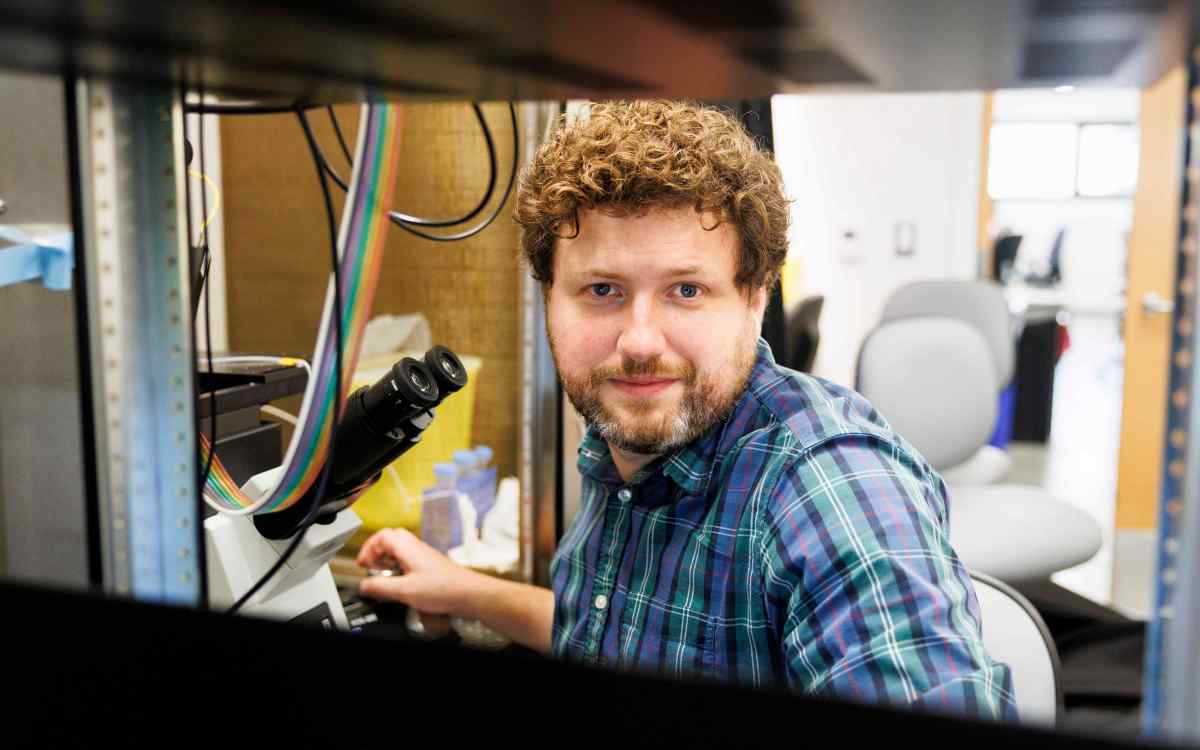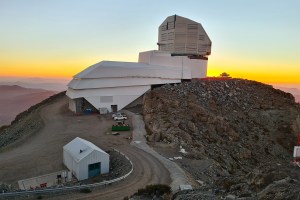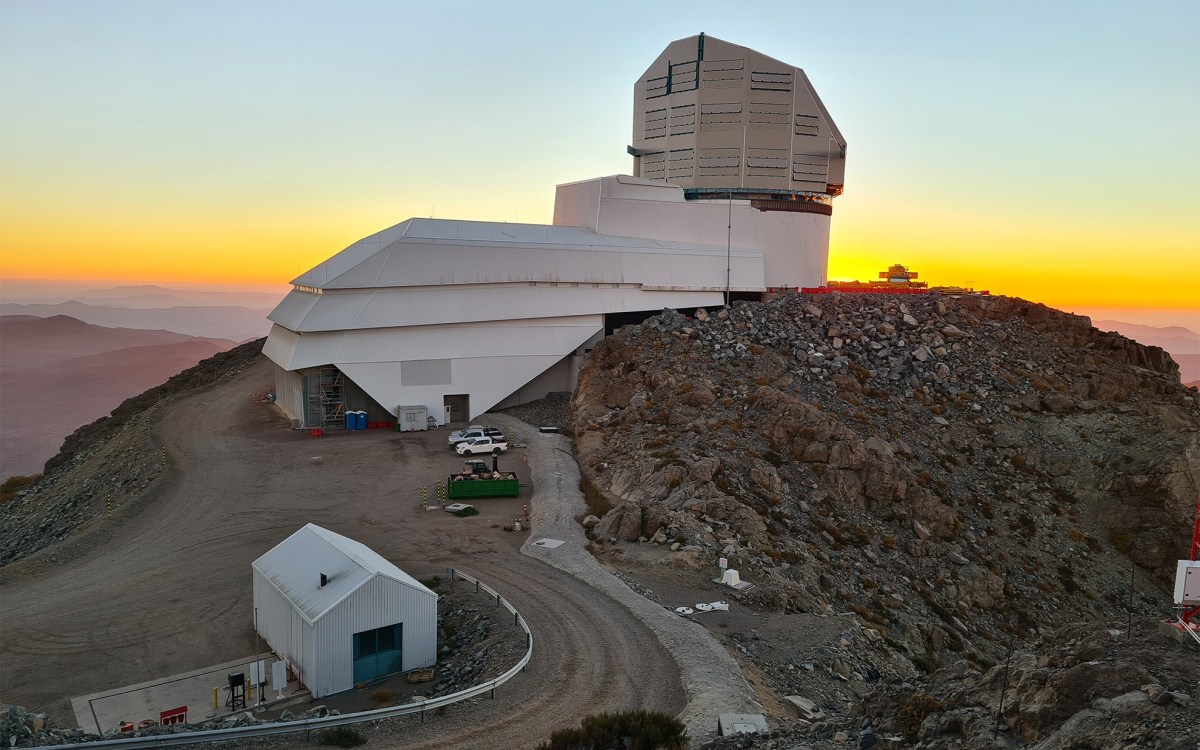Markey addresses ‘Future of Energy’
Policy can empower technological climate change solution
The chair of the U.S. House Select Committee on Energy Independence and Global Warming struck an optimistic tone about the planet’s climate crisis Monday (April 21), saying that an energy revolution is in the offing if government can just get the policy right.
U.S. Rep. Edward Markey, a Democrat from Massachusetts’ 7th Congressional District, described signs that the revolution is already beginning, such as increased activism and recognition of the problem, high gasoline prices, a commitment from all three presidential candidates to address global warming, and, perhaps most importantly, the fact that 30 percent of new energy last year was generated by the wind.
Time and again, Markey said, private industry has been reluctant to take on new technological challenges but then met them handily when government regulations required that they do so.
Markey cited revolutions in computing and telecommunications, as well as efforts to regulate acid rain, as evidence that the proper government support and regulation can stimulate dramatic changes over a relatively short period of time.
“I think the same thing is going to happen with these energy technologies,” Markey said.
Markey spoke Monday night to a full Yenching Auditorium as the latest speaker in the Harvard University Center for the Environment’s “Future of Energy” lecture series. The series explores the world’s energy picture as it relates to global warming. Markey was introduced by Harvard University Center for the Environment Director Daniel Schrag, who praised Markey’s work to raise automobile fuel efficiency standards in legislation enacted in December 2007 and his overall vision on energy issues.
Markey credited the recent Democratic takeover of the U.S. House and Senate as a watershed for environmental policy in the United States. Shortly after that, President George Bush finally began to address climate change in his public comments, culminating in his signing the energy bill that included fuel efficiency standards in December. As a consequence, Markey said, the nation has come a long way from the days when the debate centered on whether or not the problem of global warming existed at all.
“This is without question the challenge of our time. How do we handle this issue before it becomes a catastrophic natural event?” Markey said.
Boston’s climate has already begun warming, with today’s weather more typical for areas farther south, such as Philadelphia, Markey said. He cited melting glaciers in Greenland as further evidence of change, and of the need to partner with developing nations such as Brazil and Indonesia to conserve tropical forests, which he described as the “lungs of the planet.”
Markey decried Bush’s lack of a science adviser and the low profile the Environmental Protection Agency administrator has had during Bush’s administration.
With a presidential election later this year, Markey said, change seems certain whichever candidate is elected. Markey predicted action on a carbon dioxide trading system that would create carbon dioxide emission permits to encourage emission reductions. He also predicted U.S. participation in the follow-up treaty to the Kyoto Protocol, which aims to further global carbon dioxide emission reductions.U.S. leadership on the issue is critical, Markey said, because other nations — including rapidly industrializing nations such as China and India — are watching what the United States will do. With much of the excess atmospheric carbon dioxide due to past industrialization in the West, U.S. action is critical if other nations are to follow, he said.
“Most of the CO2 [already in the atmosphere] is red, white, and blue CO2,” Markey said. “They look at us and say, ‘Where’s your plan? What are you going to do?’ … You can’t preach temperance from a barstool.”
Markey called renewable energy technology “the last great blocked technology revolution” and said that if government sets the proper conditions, the United States can experience a “second industrial revolution” based on green technology that can create millions of new jobs.
Markey said Congress is working to rescind $18 billion in tax breaks given to oil companies and shift them to renewable technology. With funding and shifts in the marketplace that reward investments in renewable energy, advances in wind and solar technology can be achieved. He cited the 1996 telecommunications bill that reshaped the regulatory climate in that industry as leading to a communications revolution that resulted in today’s widespread availability of broadband technology.
Markey said he believes there are a lot of easily attainable green energy goals — what he termed “low hanging fruit” — that are blocked by regulations or market forces. By changing the market dynamics, he said, change can come more swiftly than many people expect. Corporations are increasingly ready to make those changes, he noted, with corporate leaders interested in green technology.
“This is a revolution happening so rapidly that it’s permeating corporations of America,” Markey said. “I believe we’ll see much bigger gains sooner [than we expect].”
alvin_powell@harvard.edu





